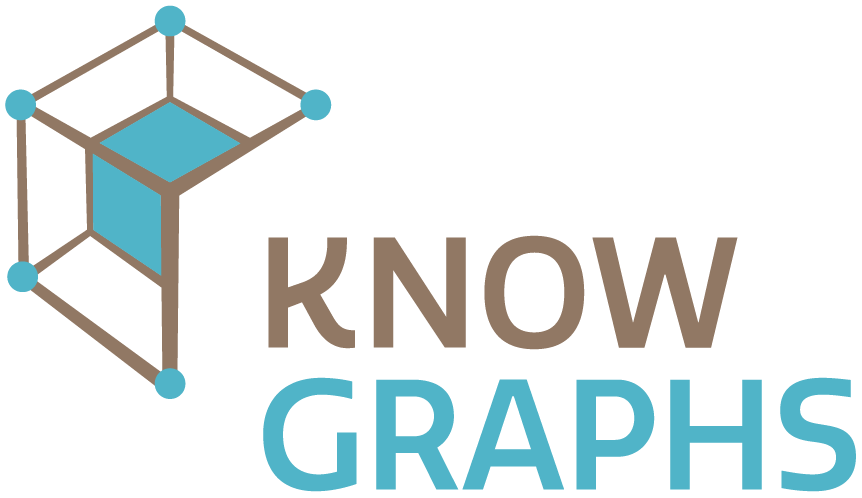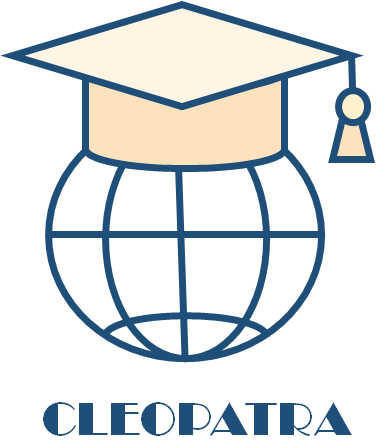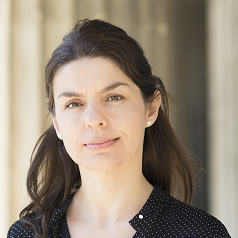European PhD programmes in AI
Doing a doctorate internationally, interdisciplinarily and across sectors – that is what the European Training Networks (ETN), funded by the EU Commission, offer. They drive scientific excellence and innovation. And they bring together universities, research institutes, companies and other organisations from all over the world to train young researchers up to doctoral level. The L3S coordinates two training networks (CLEOPATRA and NoBIAS) and is involved in another (KnowGraphs) as a partner. By the end of 2020, the new doctoral students at L3S will start working on exciting research topics in the field of artificial intelligence and cooperate with other researchers at the respective ETN.
Knowledge graphs for all
How can data be better used? By describing them semantically, linking them with each other and thereby gaining significantly more contextual information. This is roughly how knowledge graphs work. They are a kind of structured database that stores not only data but also their relationships to each other – as knowledge that man and machine can correctly interpret and use to achieve higher quality in decisions and complex processes. Knowledge graphs are therefore considered a key technology for search queries, digital assistants and other applications of artificial intelligence. So far, it is mainly the large digital companies that use knowledge graphs. The goal of the ETN Knowledge Graphs at Scale (KnowGraphs) is to scale knowledge graphs in such a way that they are more easily accessible to a wider range of users – from SMEs to private end users. At ETN, 15 PhD students will work interdisciplinarily on the research and development of novel methods, models and frameworks.
Understanding major events better
With the integration of Europe, the number of events that have a major impact on society beyond linguistic and national borders is also increasing – in the last ten years, especially the refugee crisis and terrorist attacks. The result is a digital flood of information, but this varies according to the source, as it reflects certain social aspects, contains culture-specific references, reflects opinions and may also contain incomplete or non-representative data. The PhD students of the ETN Cross-lingual Event-centric Open Analytics Research Academy (CLEOPATRA) aim to significantly facilitate the cross-lingual processing of textual and visual information on important current events and develop innovative methods for efficient and intuitive access to multilingual information and for interaction possibilities. The results will be presented in an understandable way and are particularly aimed at journalists, scientists and users of libraries and archives.
Designing AI responsibly
Systems based on artificial intelligence (AI) are now widely used to make decisions that have far-reaching effects on individuals and society. But AI decisions involve risks and can generate discrimination, for example in the granting of jobs or loans. This is because distortions can occur in all AI-based decision-making processes, whenever data is collected, when algorithms transform data into decision-making capacity, or when the results are used in applications. The ETN Artificial Intelligence without Bias (NoBIAS) aims to understand the legal, societal and technical challenges of bias in decision making with AI. The 15 PhD students in the NoBIAS-ETN will develop new methods for unbiased decision making based on AI by taking ethical and legal considerations into account when designing technical solutions.
Featured Projects



Contact

Dr. Maria Koutraki
Maria Koutraki is a research associate at L3S and heads the ETN KnowGraphs.

Dr. Elena Demidova
Elena Demidova is research group leader at L3S and ETN coordinator of CLEOPATRA.



